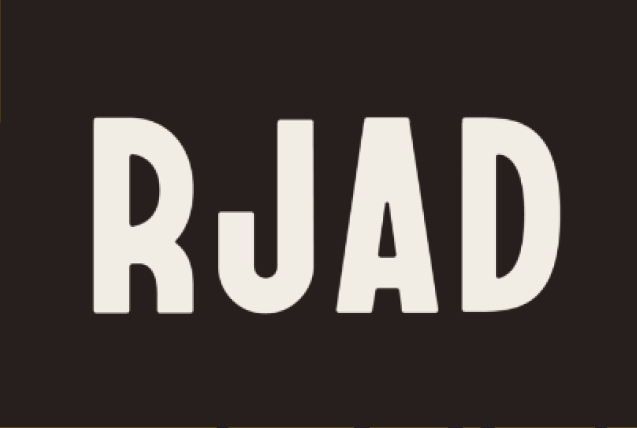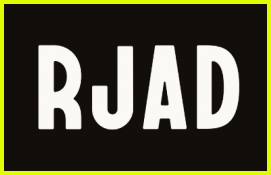Education at the Crossroad: Carceral and Racial Intersections in the Lives of Women and Girls
Education at the Crossroad: Carceral and Racial Intersections in the Lives of Women and Girls
About This Class
Description
Explicit and implicit biases contribute to inequity and significant achievement gaps in education. Research has shown a connection between success in early childhood education and imprisonment. Education is equitable when outcomes are similar for all students regardless of race, gender, ethnicity, class, language, ability, or sexual orientation. Unfortunately, America’s system of public education has become less equitable despite attempts to achieve equity through various means, including integration and privatization. This has contributed to a disparate number of Black women entering America’s criminal legal systems where education is rarely available and typically undervalued. America remains the world’s largest jailer and women are proportionately the fastest growing population in its prisons. This course examines factors that create women’s pathways into the criminal legal system and how higher education might intervene at any point along the continuum. How does interaction with the criminal justice system shape the future quality of life for women with previously poor educational outcomes? What educational interventions are effective in criminal justice settings? What core practices lead to these women’s success in educational programs, particularly college? What short and long-term outcomes are achieved when such opportunities are available?
This course reviews the historical causes and consequences of the American Criminal Legal System related to the intersection of gender, race, and education.
Topics/ Learning Objectives
This is a seminar. While there will be brief talks and viewing of films or film clips, much of the seminar will be a dialogue between students and instructors. It is essential that you come to class prepared to engage in conversation.
Your interest in your classmates’ thoughts and ideas is appreciated in a seminar. All opinions are valid. There are no silly questions. There are no right or wrong answers—unless we discuss hardcore facts. There is no such thing as a wrong opinion. We can disagree respectfully. It is of utmost importance that we honor one another’s humanity and respect that there may be topics discussed to which some have extreme sensitivity.
Required Material
Find on Bookshop, Online, or your local library
Pushout: The Criminalization of Black Girls in Schools by Monique Morris
Find on Bookshop, Online, or your local library
Suggested Material
Find Online or at your local library
Find Online, or your local library
Find Online or at your local library
Find Online or your local library
Find on Bookshop, Online, or your local library
Schedule and Assignments
Expectations and Assessments
Students will be successful if they complete the required reading, attend each course session, and take part in class discussions.
One Reflection paper of 2-3 pages is due each week, beginning with the second session. Each reflection paper must be based on the combined readings for the meeting but should not be a retelling of the readings. The paper should reflect your thoughts after integrating the readings. When writing your reflections, consider current events, your prior perceptions about American Criminal Legal Systems, or a new line of thinking you are developing based on the readings. The reflection must represent your thinking and not merely a summarized repetition of the readings.


